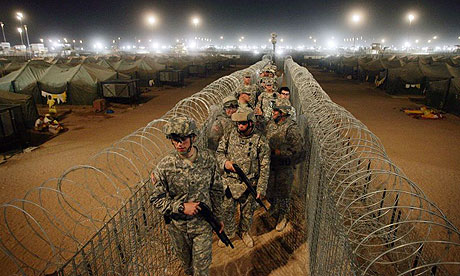 Credit Crisis Meet Power Crisis - New Study Warns US Blackouts Loom in ’09
Credit Crisis Meet Power Crisis - New Study Warns US Blackouts Loom in ’09A new study warns crippling blackouts could hit the U.S. next summer, and the senior policy advisor to the nonprofit group that did the study warns California is most likely to be “ground zero” for a blackout that could take out most of the Western United States.
The study – from NextGen Energy Council, titled “Lights Out in 2009?” – adds up to what could be a knockout punch to an economy that will still be reeling next summer from the combined impacts of the credit crunch, rising unemployment and reduced consumer spending. America’s power markets are in crisis the way its credit markets are, the advisor, Jim Sims, former director of communication for President Bush’s National Energy Policy Task Force, told EnergyTechStocks.com. “We’re flirting with disaster,” he said.
While Sims said that inadequate generation and transmission have combined to leave California most exposed, he quickly added that, for the same reasons, people and businesses in Florida and throughout the Southeast are also at great risk. He further said that, notwithstanding greater industry efforts to stabilize the U.S.’s region-wide high-voltage power grids, once a blackout begins it could easily “cascade” for hundreds, even thousands of miles.
A blackout starting in California, he said, could reach all the way to the Rocky Mountains, while a blackout that started in Georgia might go as far north as Pennsylvania and New Jersey.































